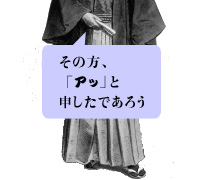
Children take fright at many things.
Higashiyokobori in Osaka during a summer afternoon. A merchant’s daughter and shop boy are walking together down a lonely street. Coming toward them is a man named Tookichi, who is renting a house from the merchant. Due to the summer heat, he wears just a loincloth and a happi(1), pulled up over his head to protect it from the sun. This gives him the appearance of an impossibly tall man possibly a monster, so the girl is frightened, and hides with the shop boy in the shadow of a rain barrel.
Feeling a mischievous impulse Fujiyoshi decides to surprise his landlord’s daughter. Tossing his happi the hiding girl’s head, he shouts “Ahhhhh!” in a loud voice. The girl promptly faints. When she finally recovers, she has amnesia. The merchant demands Fujiyoshi do something about the situation. These events are described in the Rakugo story Tsugi no Goyobi (The Next Day), which winds up in a courtroom scene.
After all the relevant people are gathered in the courtroom, the solemn magistrate appears. After hearing the whole story from the shop boy, he begins to interrogate Fujiyoshi. After some hemming and hawing, the magistrate says, grandiosely:
“The defendant must have shouted ‘Ahhhhh!’”
The sound that comes from the magistrate is unexpected, like the cry of a strange bird. But Fujiyoshi plays ignorant: “I didn’t shout ‘Ahhhhh!’” he screams back. The two exchange ‘Ahhhhhs’ for some time. Magistrate: “If you shouted ‘Ahhhhh!’ you should come clean and admit that you shouted ‘Ahhhhh!’” Fujiyoshi: “If I had shouted ‘Ahhhhh!’ I would admit I shouted ‘Ahhhhh!’, but since I didn’t shout ‘Ahhhhh!’ I can only tell you that I did not shout ‘Ahhhhh!’”
I won’t spoil the ending, but I will tell you that the part of the story that makes the audience laugh the most is when the ostensibly grave magistrate character shouts ‘Ahhhhh!’ at the top of his lungs. Last time I stated that “a refined character cannot directly quote things said by a vulgar character,” and here we can observe a similar phenomenon with regards to status, which resembles class quite strongly.
Children who shout ‘Ahhhhh!’ are not seen as particularly vulgar, so shouting ‘Ahhhhh!’ itself is not vulgar. But it is seen as a bit indiscreet and a sign of low status. To begin with the “man” character seldom screams loudly, and in particular, a person of high status, such as a magistrate should have a stately, commanding voice. The act of directly quoting Fujiyoshi, by loudly screaming ‘Ahhhhh!’ is a dangerous action, likely to destroy the magistrate’s character. The hemming and hawing of the magistrate on initially screaming ‘Ahhhhh!’ indicates that he knew this and felt conflicted about it.
What if we consider someone with even higher status than a magistrate—“God”? By “God,” I don’t mean an anthropomorphized God that behaves like a character in a soap opera. I’m thinking of a majestic God character with no corporeal form whose voice can be heard from the heavens.
The magistrate, for instance could directly quote a phrase such as: “According to the complaint, you shouted ‘I will kill you!’ Is this true?” But he could not directly quote low-status expressions like “Ahhhhh!” or “I’m gonna kill ya!” On the other hand, “God” cannot quote any phrase at all. In the sentence “Thou shalt remember. Thou saidst ‘OK’.” the “OK” in the direct quote is strange.
The act of making direct quotes is impossible if one’s status is too high. While “making a direct quotation” sounds very scholarly, it is surprisingly close to “doing impressions.”
* * *


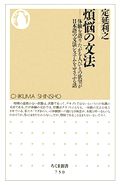
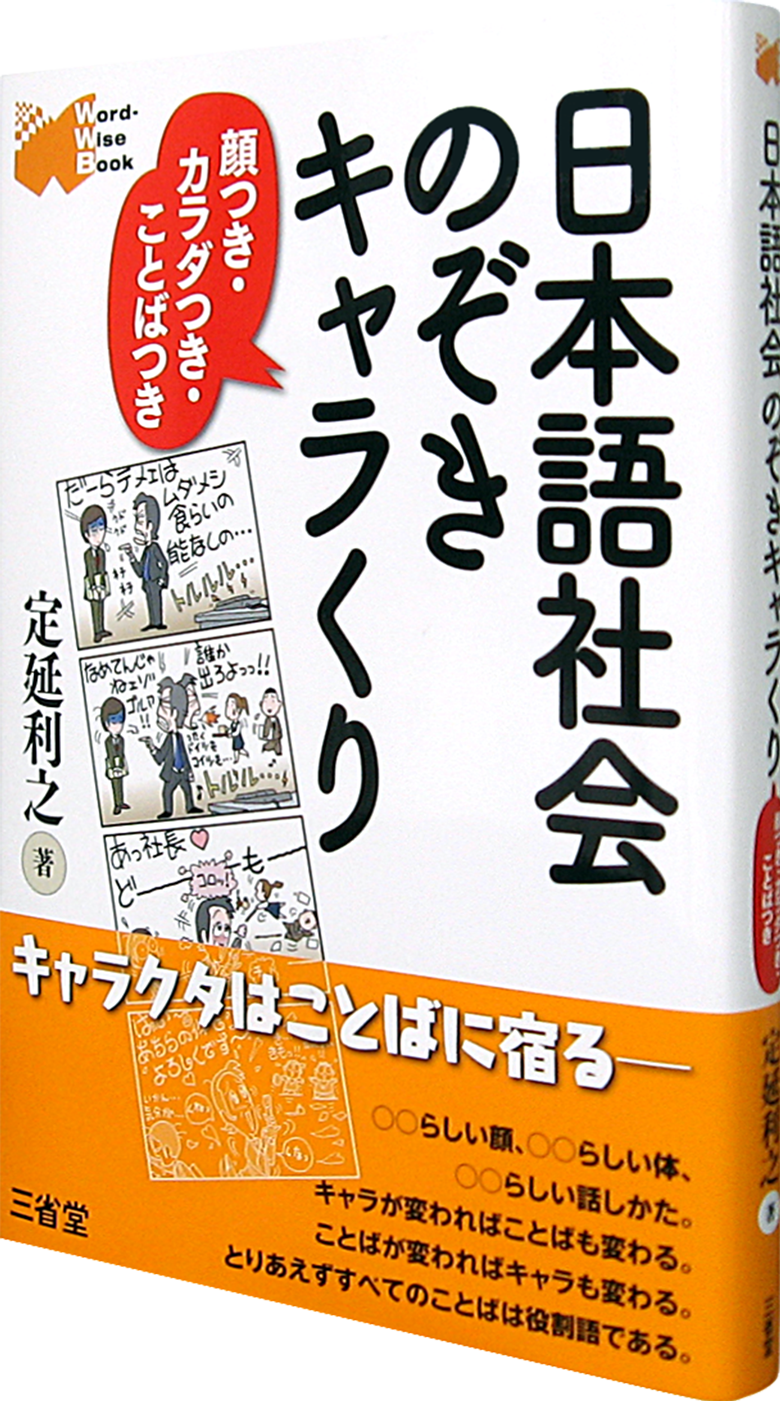
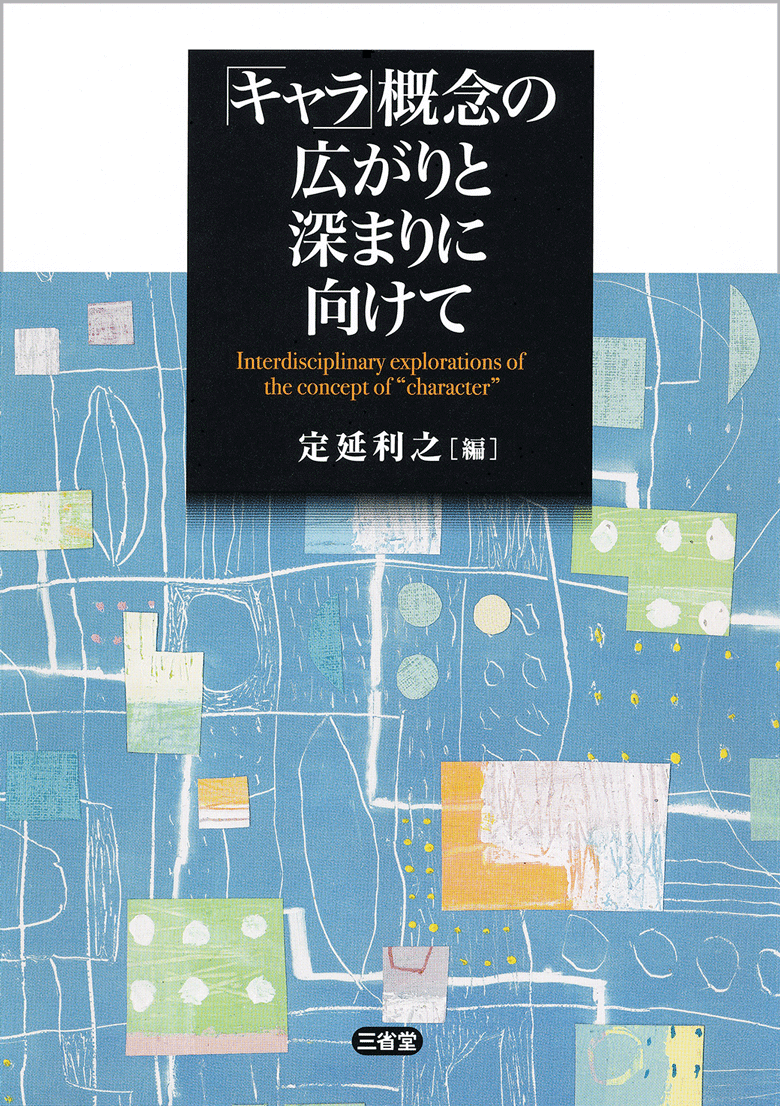
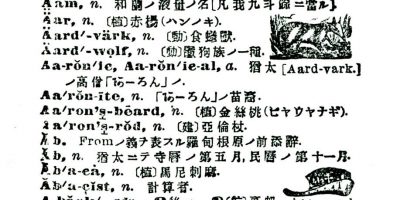


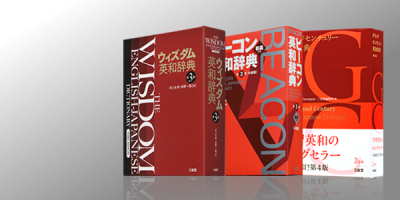
(1) A happi is a brightly colored coat formerly worn as everyday clothes. Happi are now mainly worn at festivals.